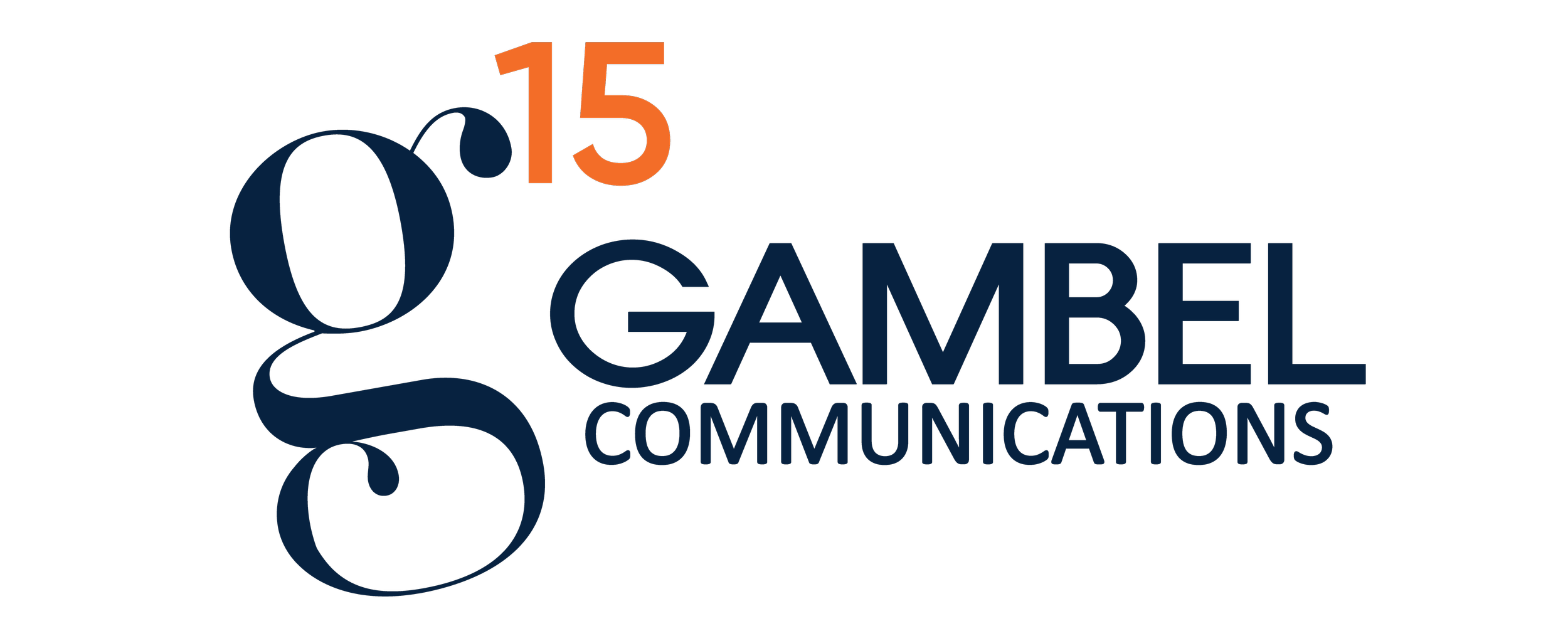Hot Mic: Let’s Get Talking
Corresponding with the media is a natural reflex for public relations professionals, but for most people this doesn’t come naturally to them. When media inquiries come through for the average person these can be met with apprehension and trepidation. Knocking a media interview out of the park doesn’t require an “A” in your college public speaking class, rather believing in yourself and doing your research can go a long way in setting you up for a grand slam media interview.
Below are four easy tips on how we prepare a spokesperson for a media interview:
Research: When a media inquiry comes through, take some time to research the reporter or journalist’s previous work. Knowing the format in which they normally report or write is very helpful when preparing for an interview and can provide insight into the type of questions they may ask.
Know the facts: Ensure that you know the key facts surrounding the topic you are being interviewed on. Sticking to these facts can help you to remain on topic and in line with your main message. If applicable to your interview, providing statistical data and details that reference past events or research can aid in driving your message home.
Hot mic: A hot mic is a microphone that is turned on, in particular one that amplifies or broadcasts a spoken remark that is intended to be private. Always remember that anything you say from the first moment you interact with the media, even before you are mic’d up, is on the record. This can be nerve-wracking for most people, but by sticking to your main points and remaining professional throughout the interview you should be good as gold.
Tie it up with a bow: At the end of your interview the interviewer may ask you if you have anything to add. Yes, you do! At this time, it is best practice to restate the main points that you are trying to get across in your interview. Whether it be a specific call to action or date of an event, repeating this information can give the reporter or writer another snippet to pull from when writing or editing their piece. It is also likely that by the end of your interview you have relaxed a bit and/or you have realized something you may have forgotten to include. This is the perfect moment to hit your message home one last time.
To sum it up, media inquiries shouldn’t stop you in your tracks. With a little practice and application of these four tips, the next time a media request comes through, you should be able to breathe a little easier. If not, give us call!



